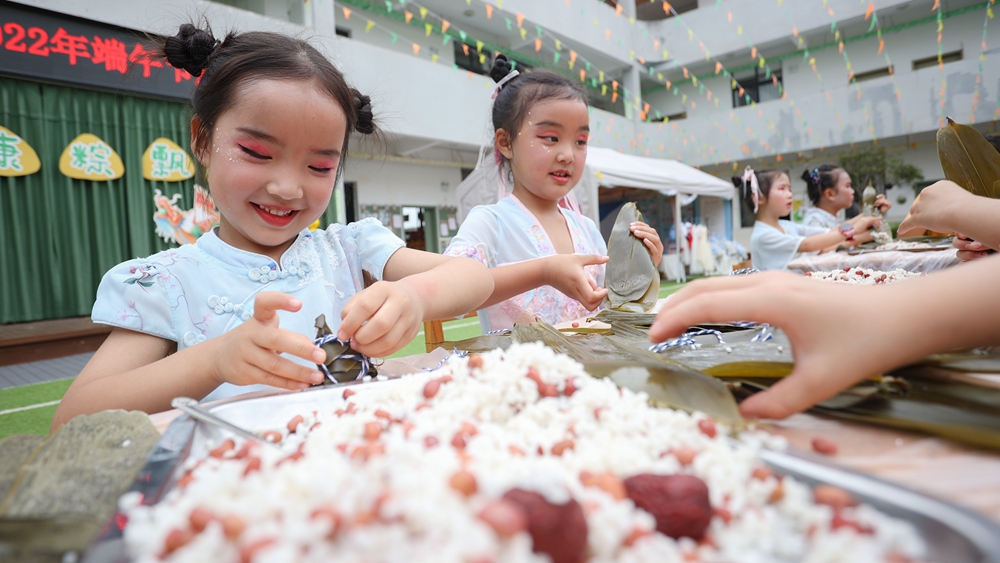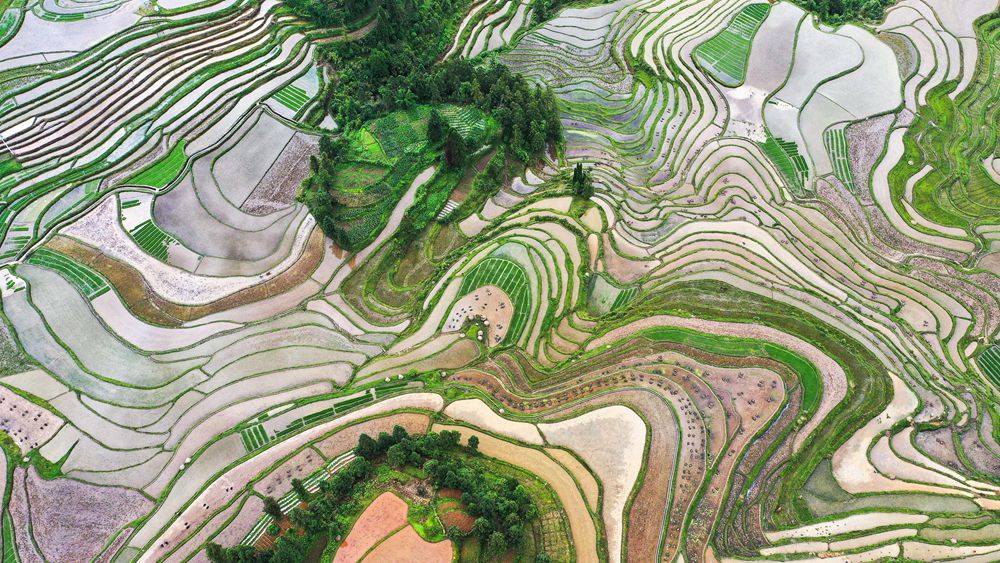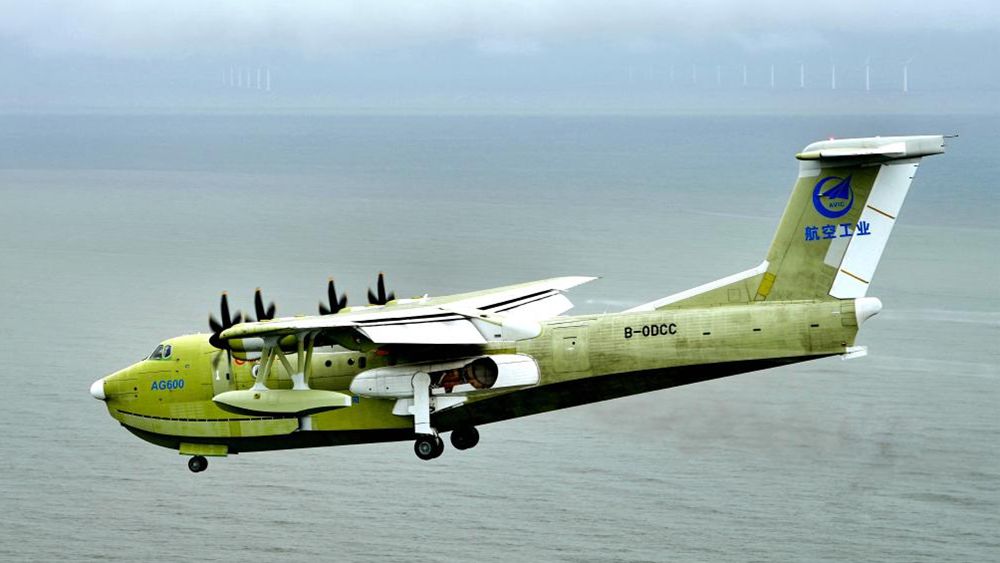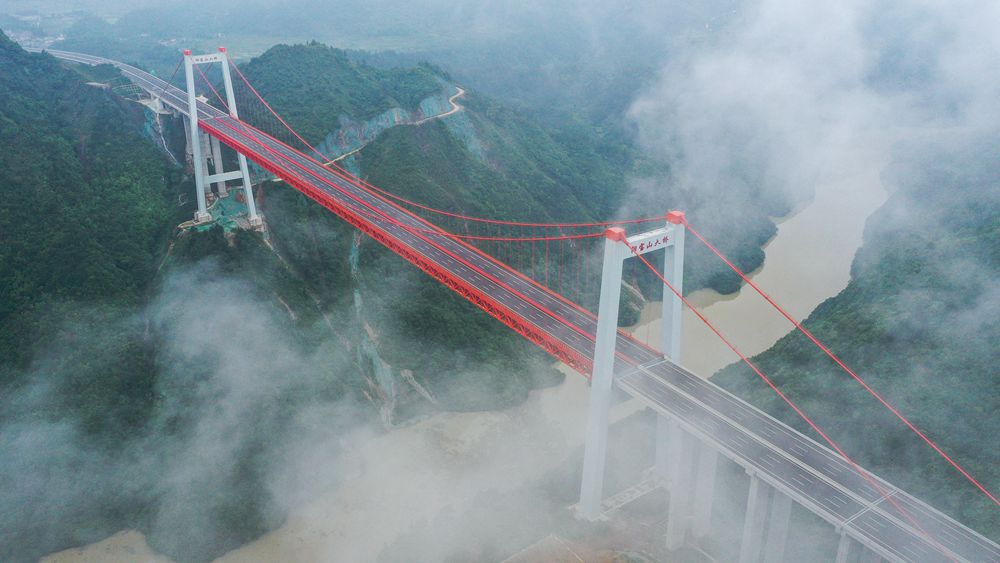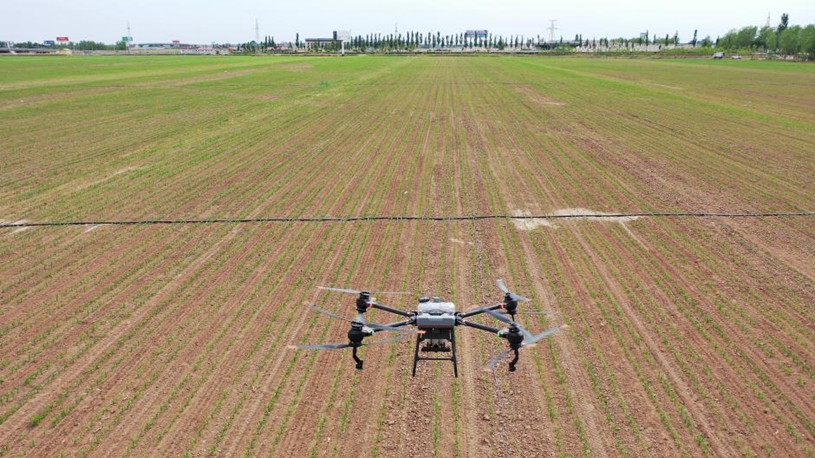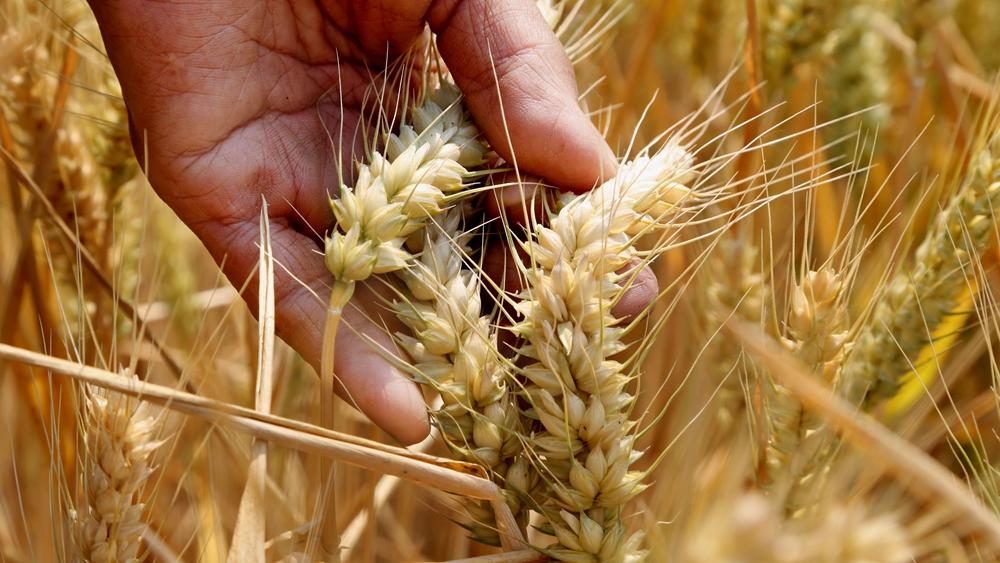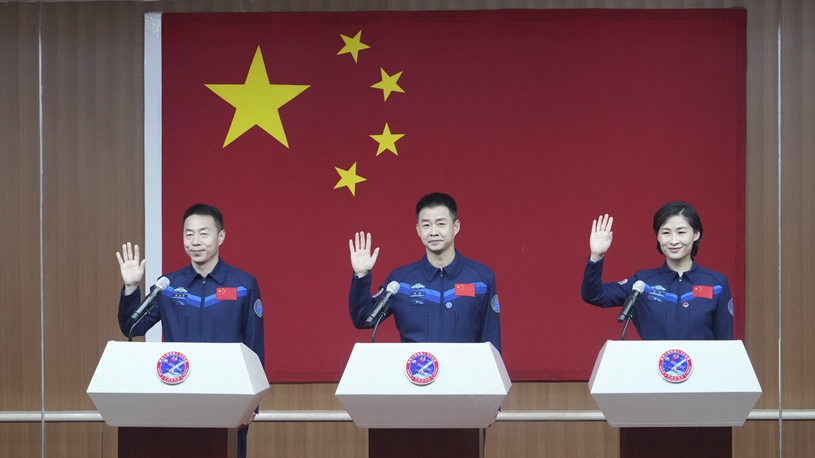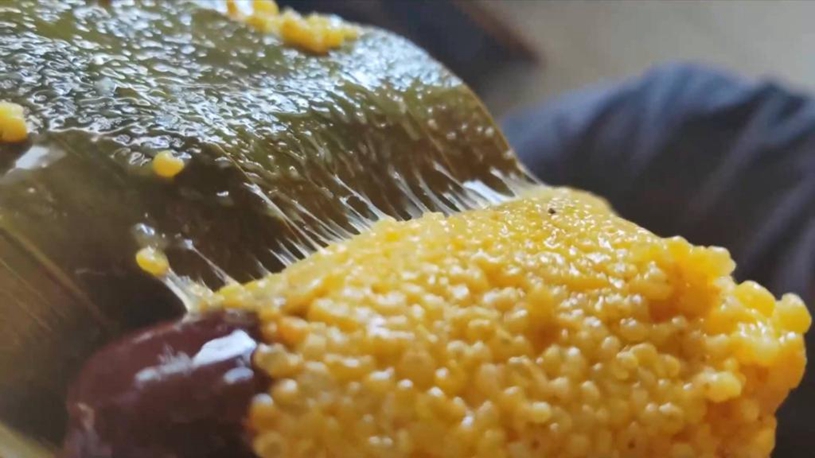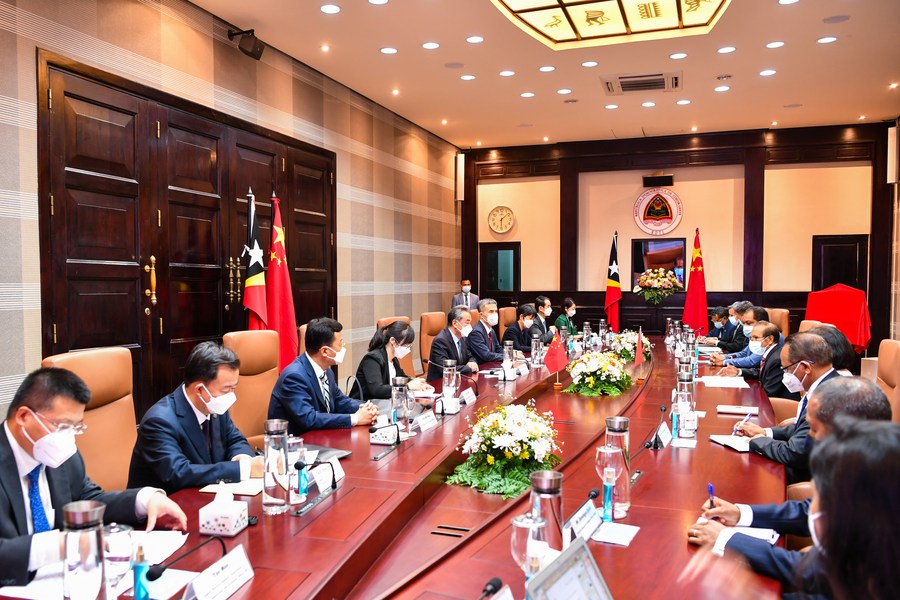
Timor-Leste's Prime Minister Taur Matan Ruak meets with visiting Chinese State Councilor and Foreign Minister Wang Yi in Dili, Timor-Leste, on June 3, 2022. (Xinhua/Xu Qin)
Timor-Leste's Prime Minister Taur Matan Ruak meets with visiting Chinese State Councilor and Foreign Minister Wang Yi in Timor-Leste, with both sides agreeing to cement bilateral ties and expanding pragmatic cooperation to support Timor-Leste's economic recovery.
Wang said that China welcomes Timor-Leste making full use of the opportunities provided by China's super-large market and encourages Chinese enterprises to invest in Timor Leste to support its economic development.
DILI, June 4 (Xinhua) -- Timor-Leste's Prime Minister Taur Matan Ruak and visiting Chinese State Councilor and Foreign Minister Wang Yi agreed to cement bilateral ties and expand pragmatic cooperation to support Timor-Leste's economic recovery here on Friday.
Ruak said since the establishment of diplomatic ties, Timor-Leste and China have been conducting mutually beneficial cooperation in a broad range of fields. He expressed gratitude to China for its support to his country in safeguarding security, coping with disasters, fighting epidemics, and for standing up for Timor-Leste on the international arena and backing it to integrate into the international system.
Timor-Leste will firmly adhere to the one-China policy, expand friendly cooperation, and open up new prospects for the development of bilateral relations, Ruak added.
For his part, Wang said the Chinese side also supports Timor-Leste in its efforts to safeguard sovereignty, independence and national dignity, choose a development path and governance model of its own, and play a bigger role in regional and international affairs.
He said China is willing to work with the Timor-Leste side to draw successful experiences of bilateral exchanges to work out a joint plan for the development of bilateral ties in the next two decades.
Wang said both sides signed the Memorandum of Understanding (MoU) on the Belt and Road Initiative (BRI), and the "one network", "one expressway" and "one port" projects have been undertaken by Chinese enterprises in Timor-Leste, which have greatly improved the infrastructure and people's livelihood in the country.
The Chinese-built projects include the Timor-Leste State Grid, the Suai-Beaco Highway, the country's first expressway, and the Tibar Bay Port.
China is ready to work with Timor-Leste to map out a BRI cooperation plan and determine key areas, so as to inject new impetus into Timor-Leste's post-pandemic economic recovery as well as its mid- and long-term development, he added.
In 2021, Timor-Leste's export to China increased by more than 90 times, fully demonstrating the huge potential of bilateral economic and trade cooperation, Wang said.
China welcomes Timor-Leste making full use of the opportunities provided by China's super-large market and encourages Chinese enterprises to invest in Timor Leste to support its economic development, he said.
China will continue to send medical teams to Timor-Leste to support its fight against COVID-19, Wang added.
Ruak said Timor-Leste looks forward to seizing vast development opportunities brought by China to expand bilateral practical cooperation in economic and trade investment, infrastructure, education and tourism, speed up self-development and bring more benefits to the Timor-Leste people.
Wang said China stands ready to strengthen cooperation with other developing countries, adhere to independence, speed up respective development and achieve common prosperity. ■

